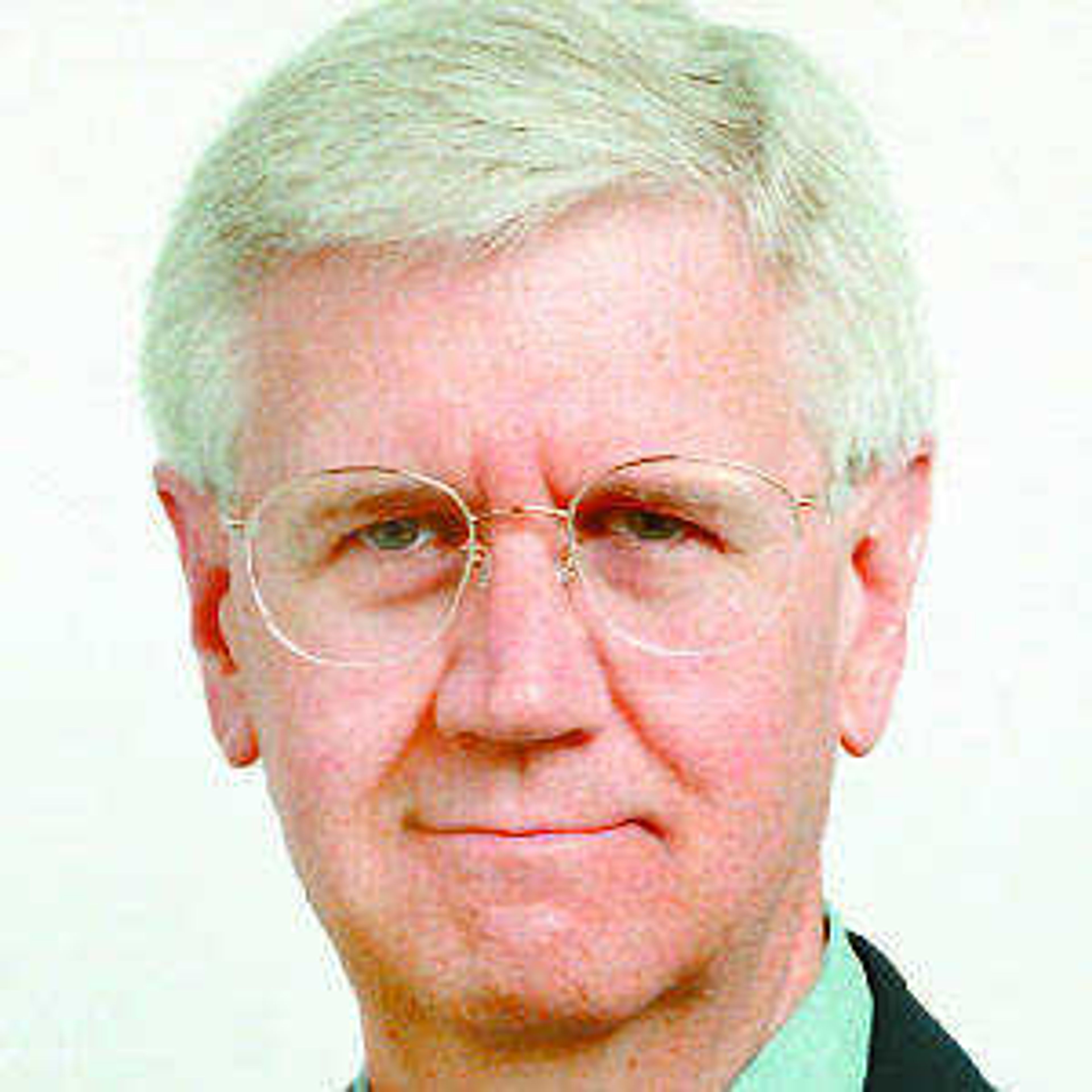RIVER CITY JOURNAL: ENGLISH MAJORS CAN MIND THE STORE
When journalism students leave college, they become journalists -- if they find a job in their chosen field. That is a pattern for most college majors. Accounting majors become accountants. Engineering majors become engineers. Education majors become educators. Economics majors become economists. Home economics majors (they don't call them that any more, do they?) become home economists. Law majors become lawyers. And on and on...
When journalism students leave college, they become journalists -- if they find a job in their chosen field.
That is a pattern for most college majors. Accounting majors become accountants. Engineering majors become engineers. Education majors become educators. Economics majors become economists. Home economics majors (they don't call them that any more, do they?) become home economists. Law majors become lawyers. And on and on.
In the past couple of weeks you have had some interesting conversations with university students, faculty members and folks you have met at dinners and meetings. Curiously, several of them are, as you once were, English majors. And in each instance the conversation reached the point of trying to determine what English majors become after college.
Poets?
You recalled for the students that when you left college and started looking in the want ads for work there were no listings for "Help wanted: Englishist. Heavy reading. Submit dissected sentence with resume. Knowledge of Chaucer a plus."
It is at times like these that the mind starts to wander, and the little gray cells create a world of their own. For example:
English majors could open stores that sell parts. You know, parts of speech like nouns and pronouns and adjectives and verbs and adverbs and participles and conjunctions and prepositions. These parts stores could have sales if they get too many pronouns in their inventory. Or what about a noun-of-the-month club for frequent customers?
There might even be a market for used parts of speech. You know, adjectives that have been used too much or intransitive verbs, which are going out of style anyway.
Some English majors might want to specialize in punctuation: Commas-R-We (punctuation purveyors need to be grammatically correct too). Just imagine whole aisles of semicolons and question marks.
Another specialty could be grammar: "Sentences dissected and diagrammed while you wait." These parsing experts could write contracts that guarantee agreement of subject and predicate, pronoun and antecedent, and so forth.
Which could lead to English jurists and jurors: "We find this participle to be possessive, requiring an apostrophe-ess, and we sentence its writer to 30 days of listening to rap music."
Other English majors might want to try their hands at instructional schools: "Easy Language College: As Easy As Be, Am, Is, Are, Was, Were, Been."
Your personal preference is the field of poetry: "Poetry for any occasion -- don't scoff. We pick up where Hallmark leaves off." Finally, an appropriate couplet for your second cousin's stepdaughter's second marriage of which you were informed but to which you weren't invited.
There. That is what English majors do. They love the language, with all of its prickly rules that can't stem the tide of constant change and ever-evolving ways of expressing thoughts, ideas, emotions, commands, desires and expectations.
Some English majors even become newspaper editors.
R. Joe Sullivan, an English major who can't read Joyce or Faulkner without adding appropriate spelling and capitalization, is the editor of the Southeast Missourian.
Connect with the Southeast Missourian Newsroom:
For corrections to this story or other insights for the editor, click here. To submit a letter to the editor, click here. To learn about the Southeast Missourian’s AI Policy, click here.










